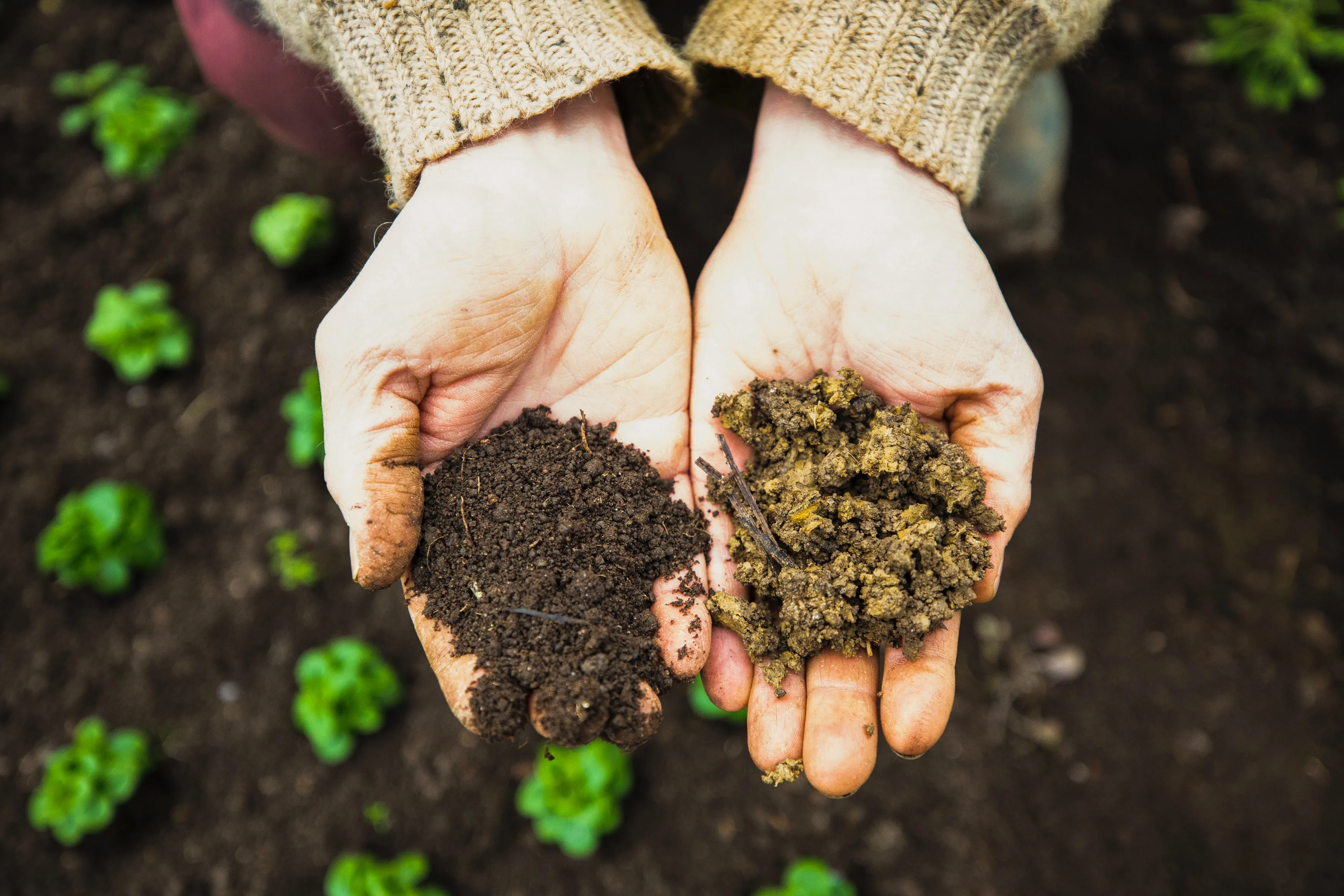Building Soil Health Through Organic Farming
Delve into the foundations of a thriving organic garden with our guide on building soil health through organic farming practices. This post, ideal for enthusiasts in Bangalore, covers vital soil care techniques, including natural fertilization and composting. Discover how enhancing soil health not only boosts plant growth but also contributes to environmental sustainability. Join Vriksha Farms in nurturing a fertile, productive, and eco-friendly garden

Introduction
Soil health is a fundamental aspect of sustainable agriculture, and organic farming offers an effective approach to building and maintaining it. Vriksha Farms, committed to responsible agroforestry and sustainable living, emphasizes the importance of nurturing soil health through organic methods. This blog post will explore how organic farming practices contribute to building robust, fertile soil, crucial for both environmental sustainability and agricultural productivity.
Enhancing Soil Fertility Naturally
Organic Matter Enrichment
Organic farming enhances soil fertility by adding organic matter, such as compost and green manure. These natural amendments improve soil structure, increase nutrient content, and support a healthy ecosystem of soil microorganisms.
Minimizing Soil Disturbance
Organic farming often involves minimal tillage, which helps maintain soil structure, reduce erosion, and preserve the habitat of beneficial soil organisms. This approach is vital for long-term soil health and sustainability.
Promoting Biodiversity in the Soil
Crop Rotation and Diversity
Implementing crop rotation and growing a diversity of plants are key practices in organic farming. These strategies prevent soil depletion, reduce pest and disease pressures, and enhance soil biodiversity.
Encouraging Beneficial Microorganisms
Organic methods foster a rich, diverse soil microbiome. Beneficial microorganisms play a critical role in nutrient cycling, organic matter decomposition, and improving plant health.
Sustainable Water Management
Improving Water Retention
Healthy, organic soil has better structure and water-holding capacity. This improved retention efficiency is essential for drought resistance and reduces the need for frequent irrigation.
Preventing Water Pollution
By avoiding synthetic fertilizers and pesticides, organic farming minimizes the risk of water pollution. This not only protects water quality but also supports the health of aquatic ecosystems.
Reducing Dependency on Chemical Inputs
Natural Pest and Disease Control
Organic farming relies on natural methods for pest and disease control, reducing the soil's exposure to harmful chemicals. Practices like companion planting, beneficial insects, and biocontrols are used instead of synthetic pesticides.
Organic Fertilizers
Organic farming uses natural fertilizers, such as compost, manure, and plant-based fertilizers. These options are more sustainable and safer for the soil compared to synthetic fertilizers.
Long-Term Soil Health and Productivity
Building Resilience
Healthy, organic soil is more resilient to environmental stresses, such as climate change and extreme weather events. This resilience is crucial for the long-term sustainability of farming systems.
Supporting Sustainable Farming Practices
Organic farming practices not only improve soil health but also align with broader goals of sustainable agriculture. By building healthy soil, organic farmers contribute to a more sustainable and productive agricultural future.
Conclusion
Building soil health is a cornerstone of organic farming, offering numerous environmental and agricultural benefits. Through its commitment to responsible agroforestry and sustainable practices, Vriksha Farms highlights the importance of organic farming in nurturing soil health. By investing in organic farming, individuals and communities contribute to a sustainable, productive future for agriculture and the planet.
